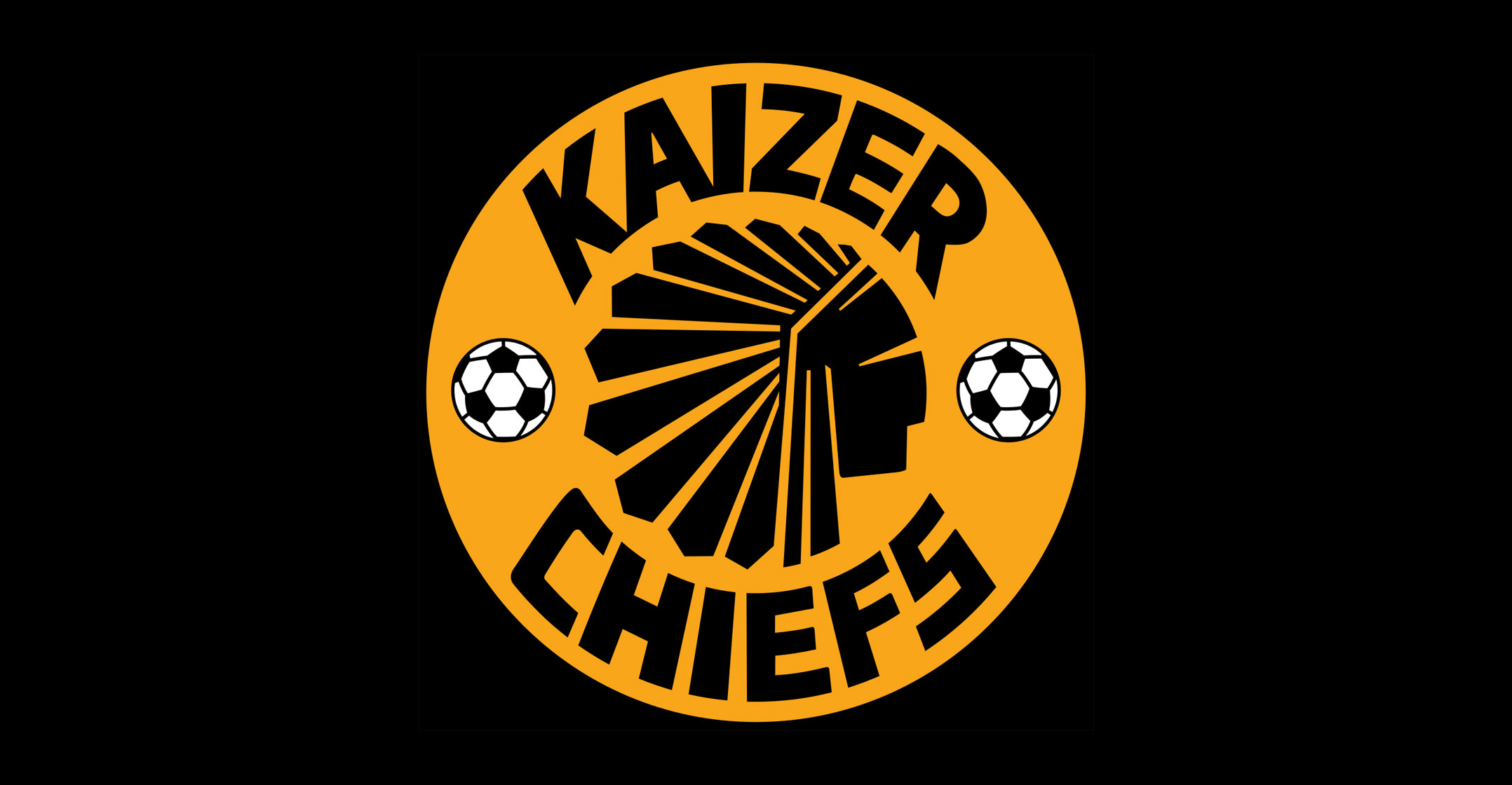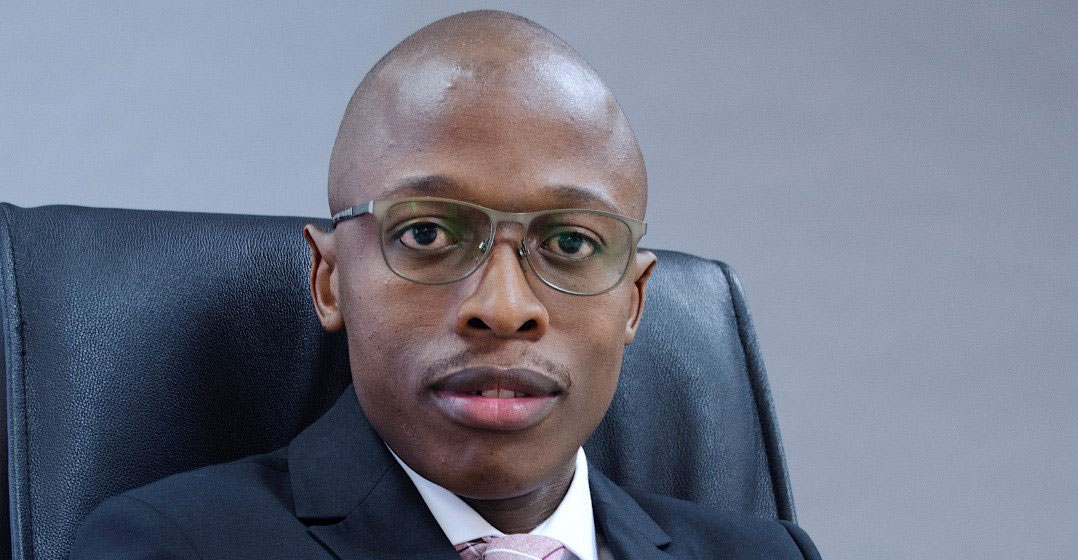 The SABC has slammed an exclusive deal between the Confederation of African Football (CAF) and MultiChoice Group that means this weekend’s CAF Champions League final will only be available to pay-television subscribers.
The SABC has slammed an exclusive deal between the Confederation of African Football (CAF) and MultiChoice Group that means this weekend’s CAF Champions League final will only be available to pay-television subscribers.
The SABC issued a hard-hitting statement on Friday slamming the deal as “wrong” as it “places the showpiece of African club football behind a paywall, effectively denying millions of South African football fans the opportunity to watch the game”.
Update: SABC to broadcast CAF final after ministers intervene
The final will be played on Saturday between Kaizer Chiefs and Egypt’s Al Ahly and will only be broadcast on MultiChoice Group’s SuperSport platform, available exclusively on DStv.
“Despite the SABC meeting CAF’s asking price for the free-to-air rights, the offer was rejected on the basis that CAF has signed an exclusive deal with SuperSport that covers all rights, including the free-to-air rights, for this match,” the public broadcaster said.
The SABC said it is “disreputable” for MultiChoice and SuperSport to acquire free-to-air rights “with the intention of blocking free-to-air broadcasters from using those rights”.
‘Scant regard’
“At a time when economic exclusion is the biggest issue facing South Africa, not only does this deal between CAF and SuperSport perpetuate the divide in our society, but it shows scant regard for the issues facing our people,” the SABC said.
“The failure of (communications regulator) Icasa’s sports rights regulations to deal with this situation means the public broadcaster has no recourse to the regulator even though broadcasting the CAF Champions League final — involving one of South Africa’s biggest clubs — is clearly part of SABC’s public mandate.”
The SABC accused both CAF and MultiChoice of “not having the poor’s interest a heart”.
 “The SABC had always intended to broadcast this historic match given the massive support Kaizer Chiefs enjoys in South Africa and acknowledging that this is the club’s first CAF Champions League final,” it added. “The public broadcaster therefore engaged in good-faith negotiations with CAF, but for some reason CAF withheld information about their exclusive deal with the pay-TV broadcaster until yesterday (Thursday).
“The SABC had always intended to broadcast this historic match given the massive support Kaizer Chiefs enjoys in South Africa and acknowledging that this is the club’s first CAF Champions League final,” it added. “The public broadcaster therefore engaged in good-faith negotiations with CAF, but for some reason CAF withheld information about their exclusive deal with the pay-TV broadcaster until yesterday (Thursday).
“Considering the current difficult conditions in the country and the cohesive power of sport, the SABC has made every reasonable effort to ensure that the match would be accessible to all South African via our free-to-air channels. SABC management has also tried to reach out to the leadership of CAF in this regard.
Icasa hits back
Icasa later on Friday slammed the SABC for its statement about the rights to the CAF final, saying its mention of “failure on the part of Icasa and the sports broadcasting amendment regulations published at the end of March 2021 … is not consistent with the spirit and intention of the regulations”.
“With regards to the provision of sporting events on a non-exclusive basis, section 60(1) of the Electronic Communications Act (ECA) states that the subscription broadcasting services may not acquire exclusive rights that prevent or hinder the free-to-air broadcasting of national sporting events, as identified in the public interest from time to time, by the authority,” Icasa said.
“The authority is therefore of the view that section 60(1) of the ECA does not prohibit the acquisition of exclusive rights. However, the law qualifies the parameters within which such acquisition may be effected — such acquisition of exclusive rights must not, among others, have the effect of preventing or hindering the free-to-air broadcasting of national sporting events.”

“The regulations define a ‘national sporting event’ as one that is deemed to be of national interest and includes the South African senior national team or national sporting representative. The regulations further list CAF as a national sporting event only insofar as there is a national team concerned. Even though Kaizer Chiefs has a huge fan base in South Africa, it is not considered a senior national team. If the deal involved Bafana Bafana, this matter would have been completely different and Icasa would urgently intervene in that regard.”
In the same statement, Icasa chairman Keabetswe Modimoeng said: “This is a clear case of a commercial agreement between parties which is allowed in law and the SABC cannot attribute its commercial shortcomings to the regulator. Icasa regulations are a by-product of public consultation and we have done our part in this regard as the SABC participated fully in the development and the recent review of the sports broadcasting regulations.
“Their accusation against Icasa in this matter is clearly inappropriate. If there is any view the SABC would like share with the authority, our door is always open. We do not believe it is productive nor constructive to be receiving such media attributions from the public broadcaster without formal engagement,” Modimoeng said. — © 2021 NewsCentral Media




